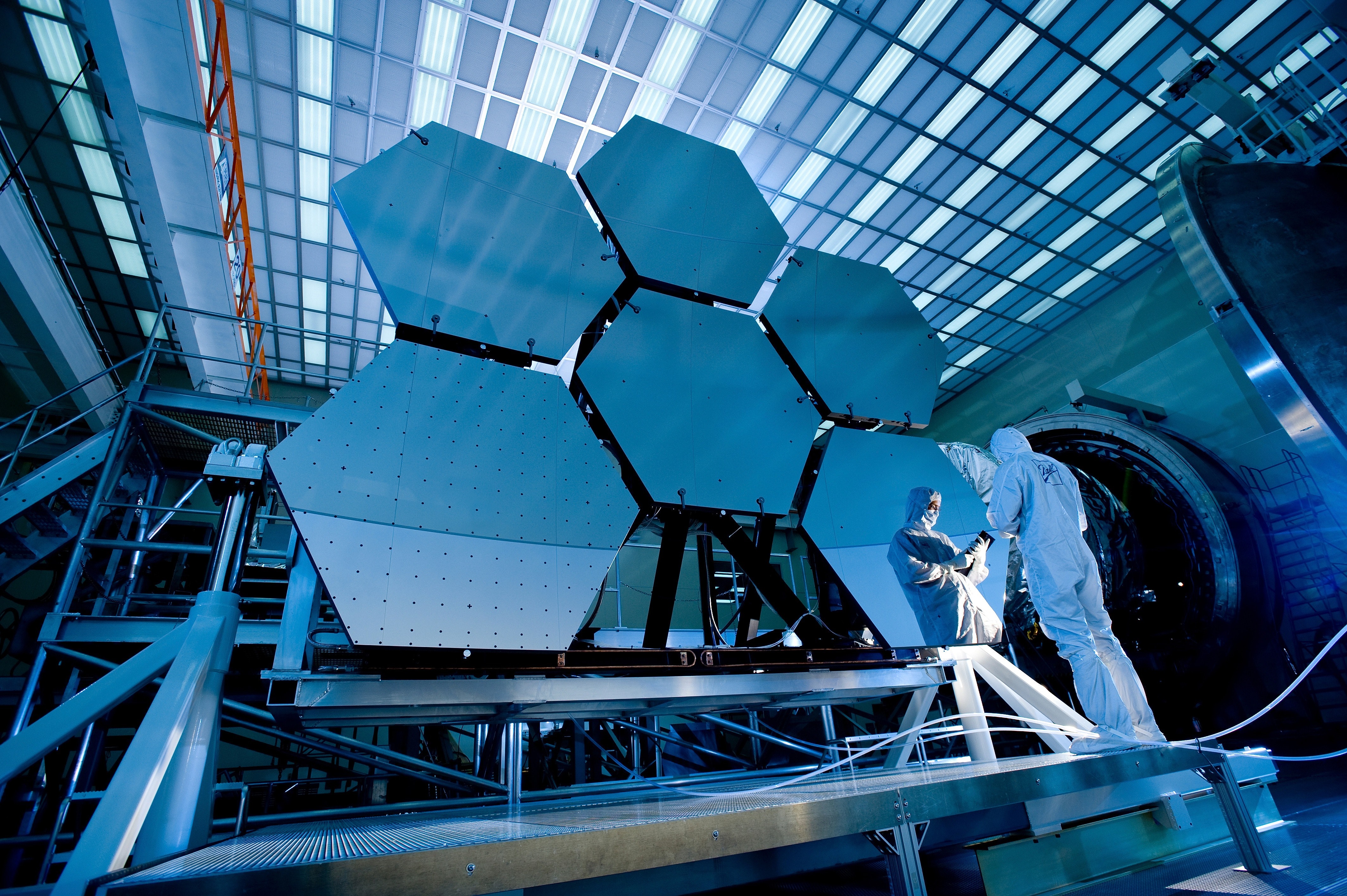Accelerate Competitiveness in Industry with Digitalization and Automation
The COVID-19 pandemic and geopolitical changes have highlighted the urgent need for companies in all sectors to adapt quickly in order to remain competitive. In industry, the pandemic has highlighted the crucial importance of digitalization and automation. These technologies make it possible to reduce dependence on human labor, control processes and minimize errors in real time, regardless of location.
Currently, companies face several challenges, such as: i) unforeseen equipment failures, ii) operational inefficiencies, iii) high maintenance costs, iv) lack of visibility and insights, as well as iv) security and compliance risks. To overcome these obstacles, it is essential to embrace digital transformation and adopt innovative solutions.
Based on recent statistics, it is estimated that by 2025, more than 80% of companies in the industrial sector will be involved in digitalization projects in order to boost their productivity and operational efficiency. In addition, the implementation of technologies such as the Internet of Things (IoT) and advanced data analysis is expected to lead to a reduction of up to 20% in operating costs and an increase of up to 15% in production efficiency.
By adopting digitalization and automation solutions, industrial companies can reap significant benefits. These include greater operational efficiency, cost reduction, process optimization, improved product quality, increased responsiveness to market demands and greater worker safety.
At DNS testbed we offer a wide range of services to drive the digital transformation of industry. From the IoT platform and real-time monitoring to cloud storage and process automation, we have the solutions needed to drive companies towards Industry 4.0.


